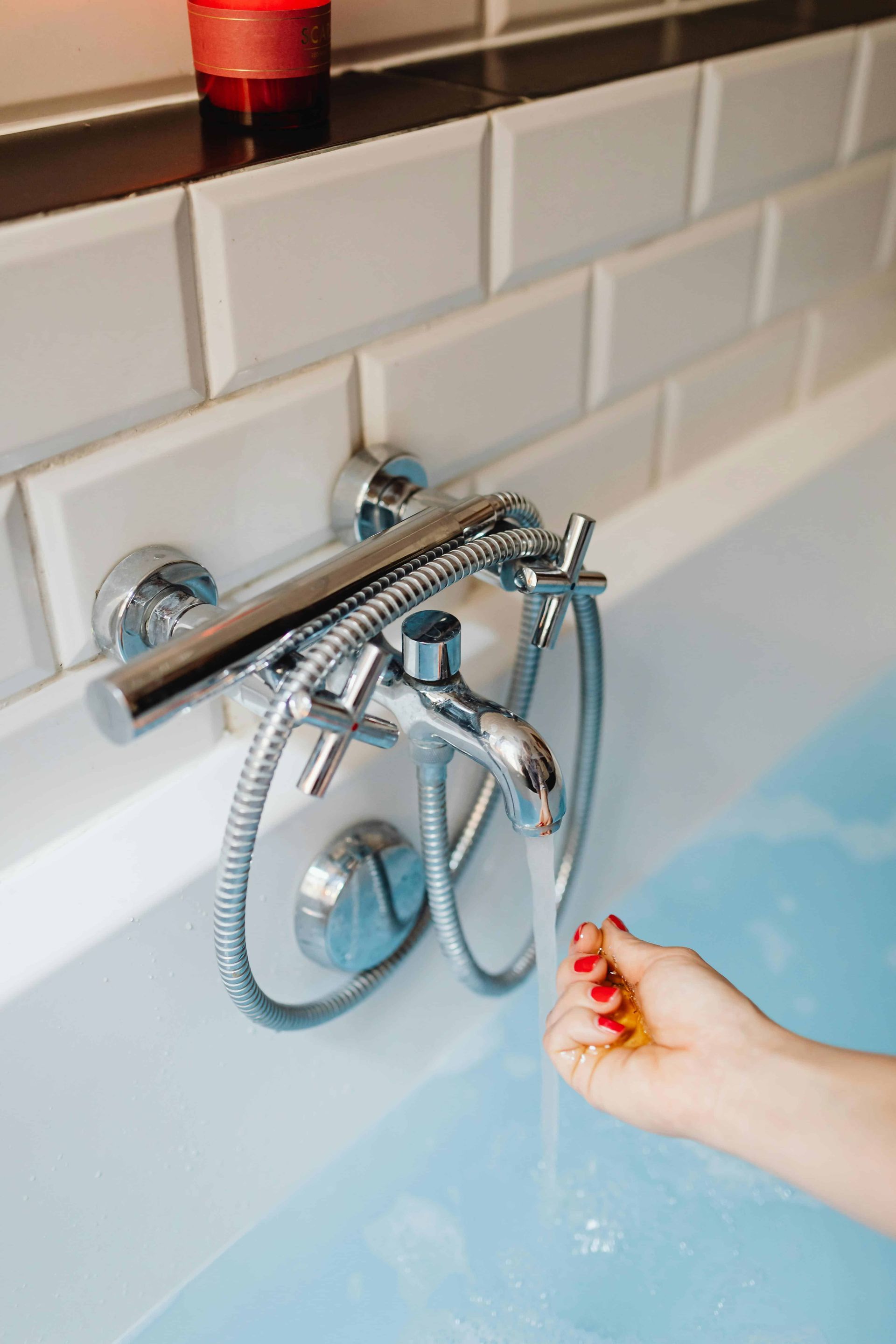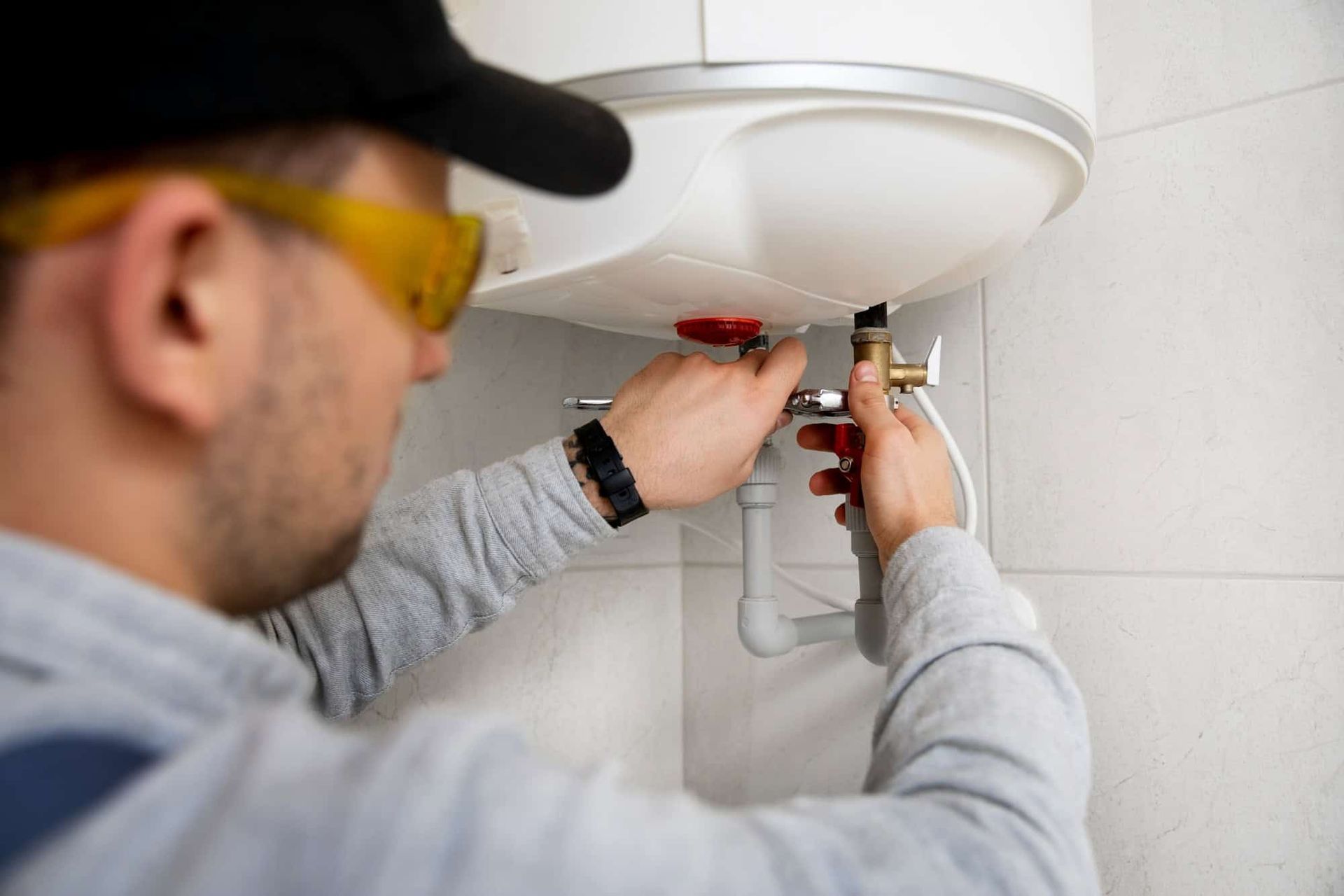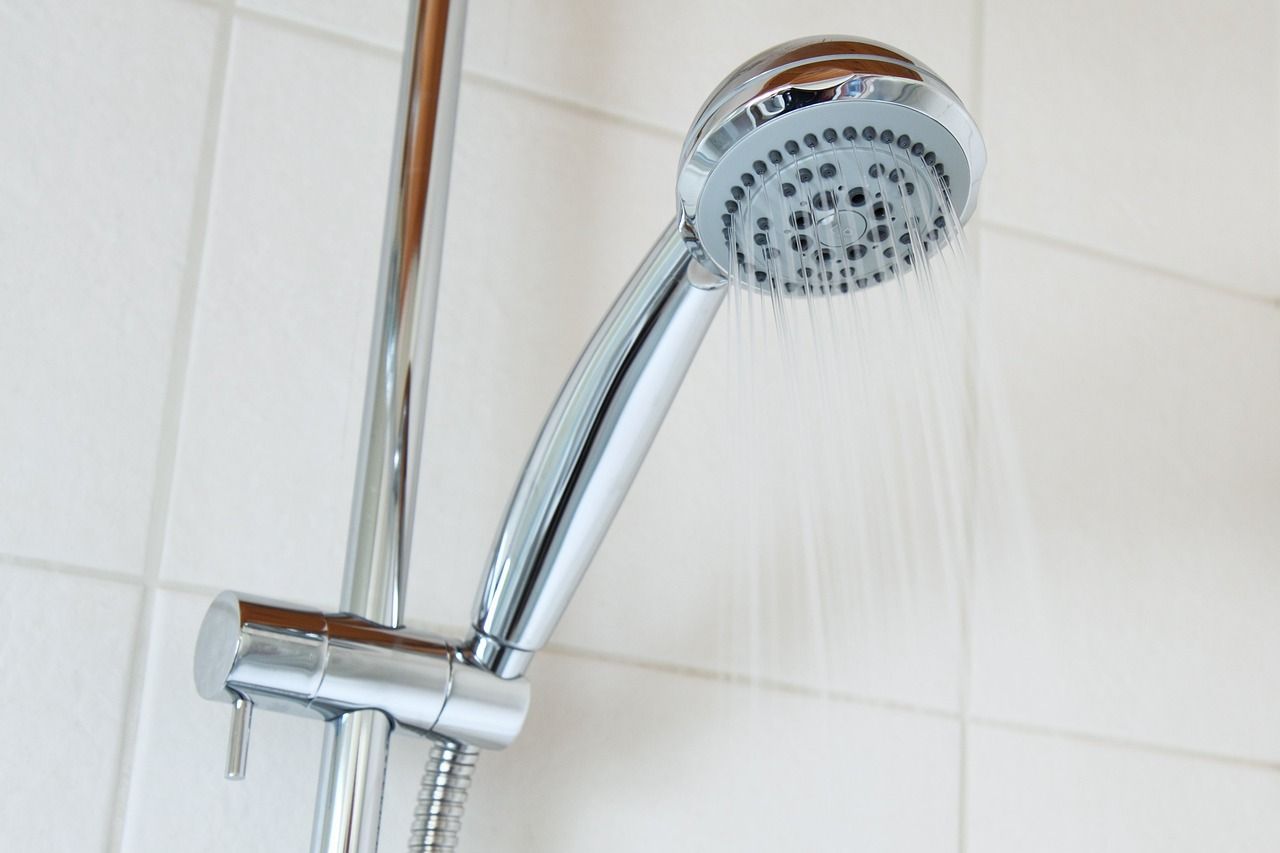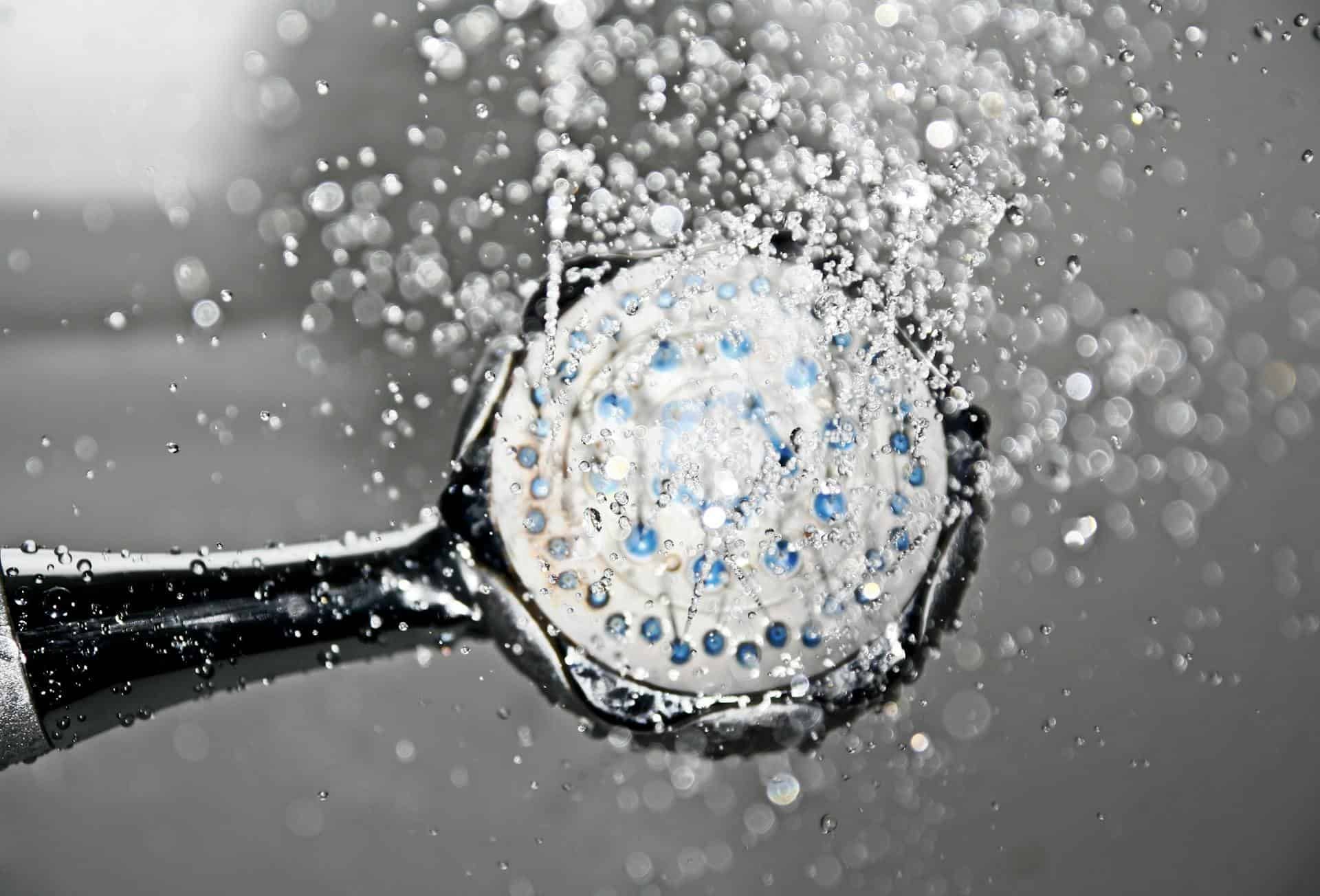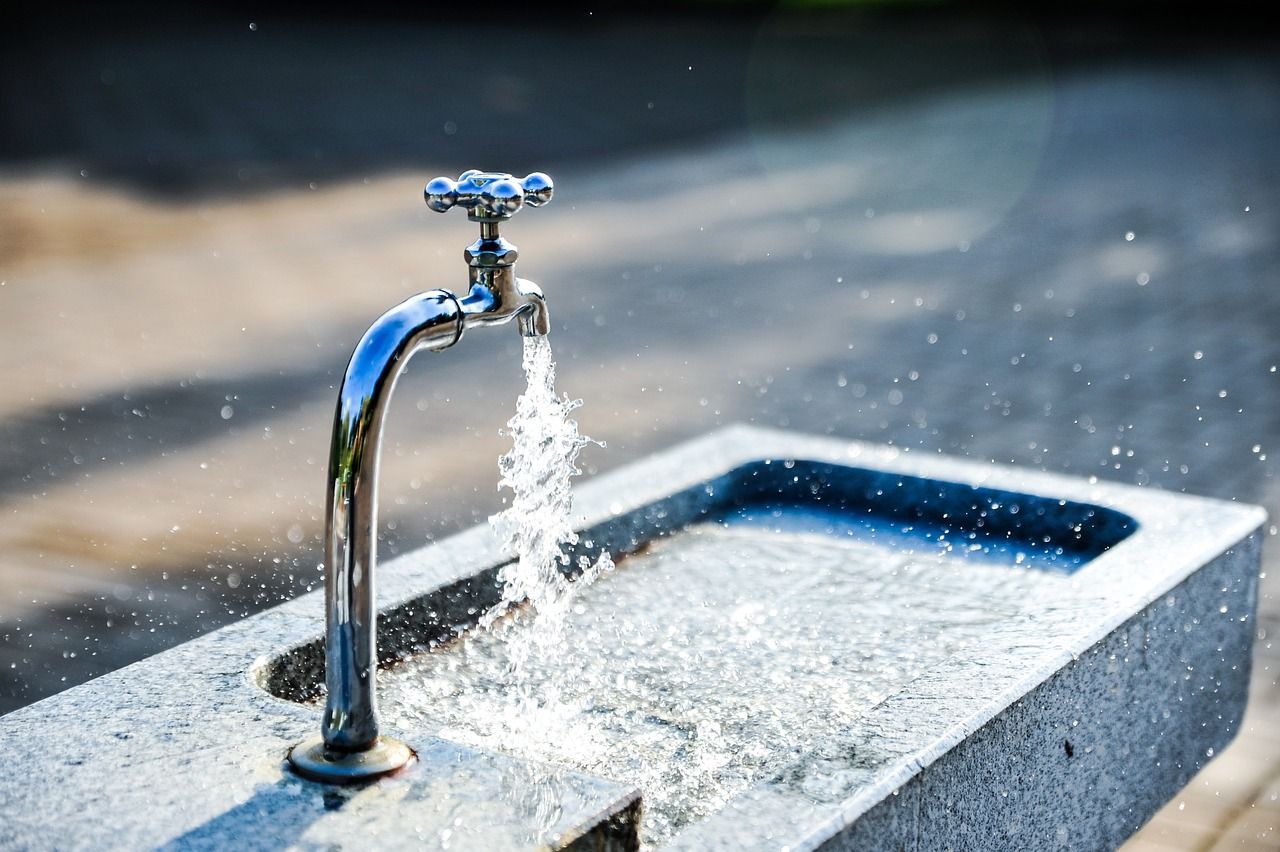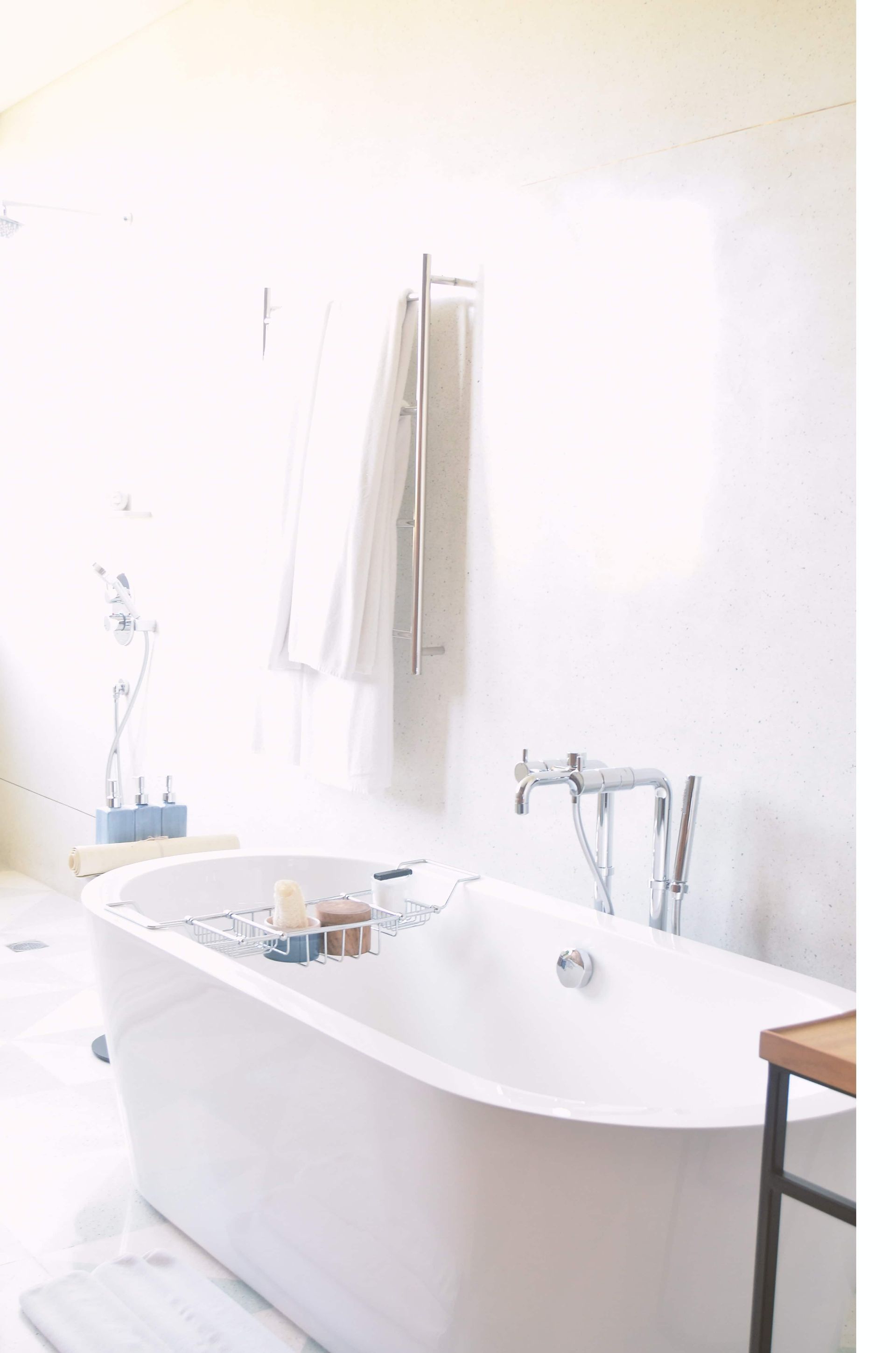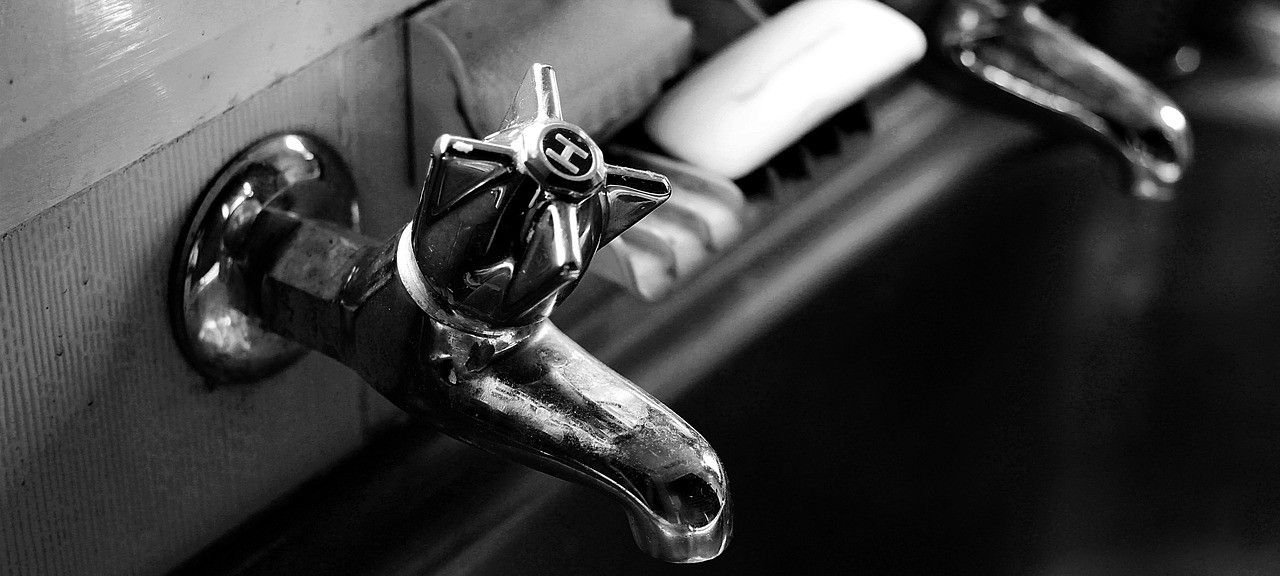Installing A Solar Hot Water System
Newcastle and Lake Macquarie are renowned for long sunny days, making a solar hot water system a dependable option to consider for your home. These systems, while more expensive to buy and have fitted when compared to the electric and gas hot water systems, will save you money on your energy bills over time. A solar hot water system can use up to 60% less energy than an electric or gas system, saving on energy costs and allowing you to live a bit lighter on the planet.
Solar hot water systems utilise the energy from sunlight to heat the water for your household. Each system has a backup booster system, which is either electric or gas, on days when there hasn't been enough sunlight to heat the water properly. Solar hot water systems, as the name suggests, require solar panels to be installed on your roof to gather energy from the sun, but they only heat your water and do not generate electricity.
Solar panels for your hot water system
Solar panels are required to be professionally fitted to your roof, ideally north facing, as this allows your panels to catch as much sun as possible. While installing the system on a north facing roof is the most efficient means to generate energy from the sun, it may not be possible on your roof. You may have an east facing skillion roof, but a solar hot water system may still work well on your roof. Contact the professional plumbers at Ausco Plumbing for more information.
Solar hot water system types
Two types of solar hot water systems can be installed, which include the close-coupled system and the pumped system. Each system is similar in that they both have solar panels and a booster system for those overcast days, but they provide hot water for your home in slightly different ways.
Close-coupled solar hot water system
This variety has solar panels installed on the roof, along with a storage tank on its side which is connected to the solar panels. The water gets heated when it moves through the collectors on a sunny day (collectors are based directly beneath the solar panels on the roof) where it then gets drawn into the storage tank and is ready to use, this process forces the cooler water into the base of the collectors to get heated. This system can heat water directly or indirectly. The above is an example of a close-coupled system heating water directly.
An indirect close-coupled solar hot water system, while more expensive than a direct system, is best for frost prone regions, mitigating damage to the collectors in the system that could otherwise occur from water freezing. This system features water treated with an antifreeze that is kept separate from your heated water within the storage tank, preventing the water within the collectors and tank from freezing.
Pumped solar hot water system
A pumped solar hot water system is different as it has a storage system inside the home, like a conventional electric or gas system, but with solar panels still installed on the roof. This type of solar hot water system features a pump that circulates water from the storage system to the collectors on the roof of the house, sending cold water to get heated and hot water into the storage tank ready to use. This system is an ideal option for homes that do not have a roof that can support the weight of the storage tanks of the close-coupled variety of solar hot water systems.
Size of solar hot water systems
Both a close-coupled solar hot water system and the pumped system come in a range of sizes to suit the needs of your household. Starting at a 120-160 litres storage capacity, enough for 1-2 people. Or a storage capacity between 300-370 litres for 3-4 four people in your home.
Contact experienced plumbers
A solar hot water system may not be suitable for every home around Newcastle or Lake Macquarie, for instance, if you live in a multi-storey block of apartments, in which case why not read about other options here. However, if you are contemplating a solar hot water system for your home, contact the team at Ausco Plumbing based in Newcastle and Lake Macquarie for more information.


